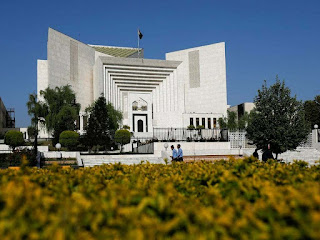The role of the judiciary in protecting human rights in Pakistan is crucial. While human rights are universal and enshrined in Pakistan's constitution, their implementation has been challenging. The judiciary is responsible for upholding the constitution and protecting human rights, and its significance cannot be overstated.
The judiciary in Pakistan has a long history of protecting human rights, especially those of marginalized communities such as religious minorities, women, and children. The courts have issued landmark judgments that have established the rule of law and promoted human rights, including striking down laws that discriminate against women and religious minorities.
Moreover, the judiciary has been instrumental in safeguarding the rights of prisoners, ensuring they are not subjected to inhumane treatment or torture while in custody. The courts have also ensured that prisoners receive fair trials and that their rights are protected during the trial process.
The judiciary in Pakistan has also played an active role in protecting the right to freedom of speech and expression. The courts have struck down laws that limit the media's freedom to report on issues of public interest and upheld the right of citizens to protest peacefully.
Despite these achievements, there is still more work to be done to protect human rights in Pakistan. The judiciary should continue to play an active role in upholding the constitution and ensuring that human rights are protected for all citizens.

















